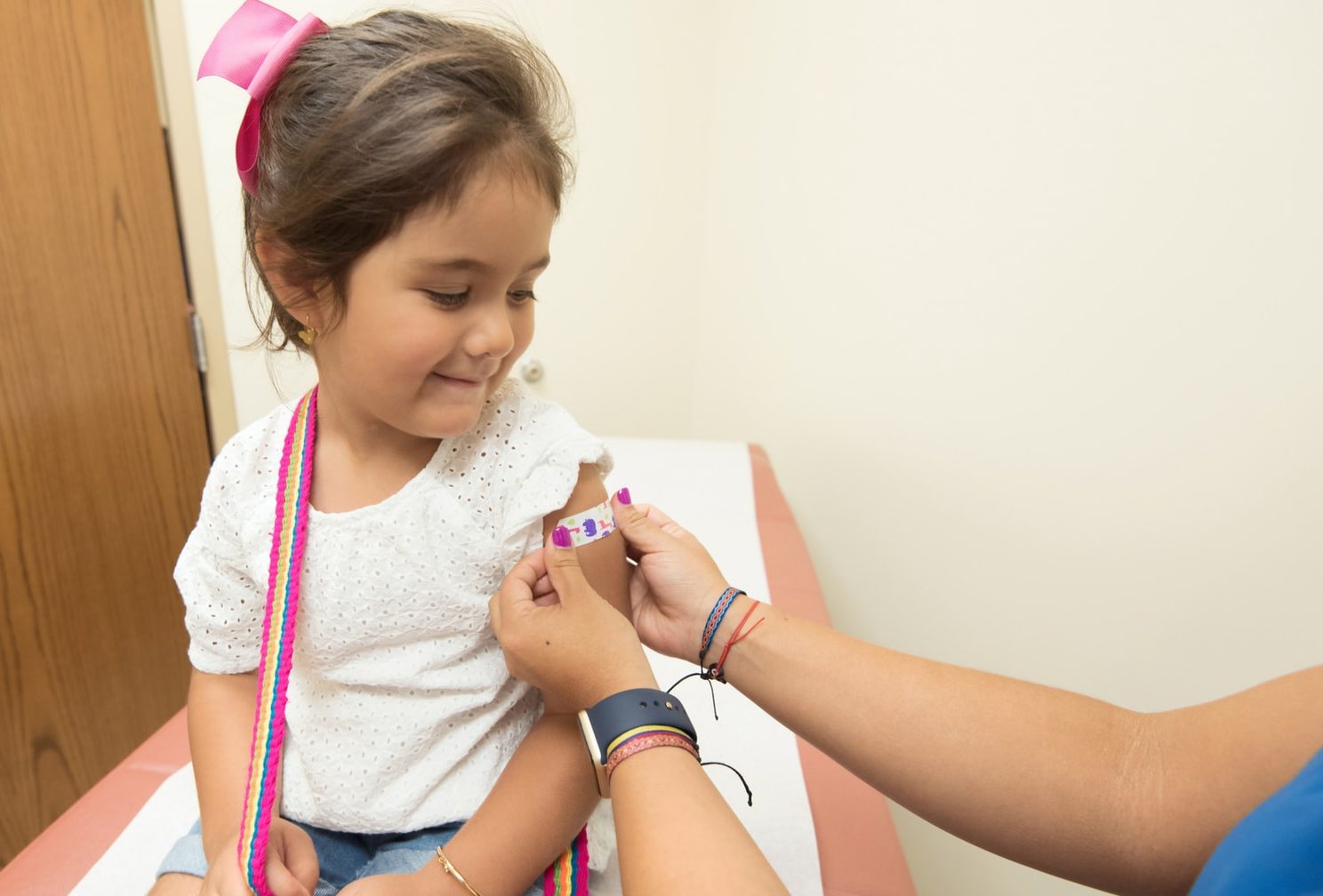
“Lack of vaccination against covid is a key factor in Australian hospitals being overcrowded with more deaths than with the previous waves of the disease,” says columnist MICHAEL MOORE.
LESSONS from the pandemic seem to have gone down the gurgler. Instead, the world’s population is at an increased risk of preventable disease.

UNICEF describes the declining rate of immunisation in children as a “red alert”. Adults are missing the opportunity to use protective vaccines against a range of debilitating and life-threatening diseases.
Twenty-five million children worldwide have missed out on one or more doses of their infant vaccines through routine immunisation services in 2021 alone.
The percentage of children who received three doses of the vaccine, for example, against diphtheria, tetanus and pertussis – a marker for immunisation coverage within and across countries – fell five per cent between 2019 and 2021 to 81 per cent.
With around 20 per cent of children not covered for routine immunisation, the protective factor of “herd immunity” is lost and children are much more vulnerable to devastating diseases.
It was not so long ago that there was a terrible outbreak of measles in Samoa. This is not a mild disease. Even in that very small population, more than 83 babies lost their lives and many more will have long-term issues.
The World Health Organization says that vaccination is second only to clean water in improving health. The European Commission’s 2017 report “State of Health in the EU” identified vaccination as “one of the most powerful and cost-effective tools in the history of public health”. That was before the pandemic. We have also learnt since that time of the most significant health, economic and social benefits of vaccination.
Australia vaccinated brilliantly for the first two doses against COVID-19. In Canberra, by October last year more than 99 per cent of over 12-year-olds had been vaccinated. However, this commitment dropped off considerably with regard to the third and fourth doses of the vaccine. Lack of vaccination against covid is a key factor in Australian hospitals being overcrowded with more deaths than with the previous waves of the disease.
The pandemic ought to have taught us that robust and resilient vaccination systems in all countries are crucial to protect children and adults from preventable illness and death and to ensure quick and effective recovery from any future shocks and crises.
Logistics are a key element of effective, robust and resilient immunisation systems. In remote areas, for example, logistical systems need to be in place to ensure an effective “cold chain”. This is where vaccines are delivered to the arm having been maintained at an appropriate temperature from manufacture to delivery.
The importance of vaccination beyond childhood has been lost on some populations. COVID-19 has highlighted the importance of adult vaccination such as the flu and other important protective vaccines such as against the varicella virus – which is responsible for chickenpox and which, later in life, causes shingles.
The pneumonia vaccinations and the triple tetanus, pertussis and diphtheria, are two more examples of protections that are available for adults. Adults who have the pertussis vaccine play a key role in preventing whooping cough in infants who are not yet old enough to have the vaccine themselves.
Younger adults are able to gain protection against cervical cancer with the Human Papillomavirus (HPV) vaccine. In fact, Australia leads the world with the number of people protected through this vaccination. In Africa and other developing nations the numbers protected are very low. Globally, according to UNICEF, more than a quarter of the coverage of HPV vaccines achieved in 2019 has been lost.
Robust and resilient systems have three key elements. Firstly, they prioritise immunisation throughout life as a key pillar of expanded prevention strategies and a central component of universal health coverage. Secondly, they remove barriers to access for appropriate immunisation throughout life to ensure all people are protected and no one is left behind. Thirdly, they reduce inequities in timely, appropriate, and affordable access to immunisation throughout life.
Vaccination works. Smallpox no longer exists as a disease in humans. There were only a handful of wild polio cases in the world over the last two years. Failure to learn lessons from the impact of the pandemic takes many forms, but inadequate vaccination ought not be one of them.
Michael Moore is a former independent ACT minister for health. He is chair of the Global Taskforce on Immunization Policy for the World Federation of Public Health Associations. There are more of his columns at citynews.com.au
Who can be trusted?
In a world of spin and confusion, there’s never been a more important time to support independent journalism in Canberra.
If you trust our work online and want to enforce the power of independent voices, I invite you to make a small contribution.
Every dollar of support is invested back into our journalism to help keep citynews.com.au strong and free.
Thank you,
Ian Meikle, editor





Leave a Reply